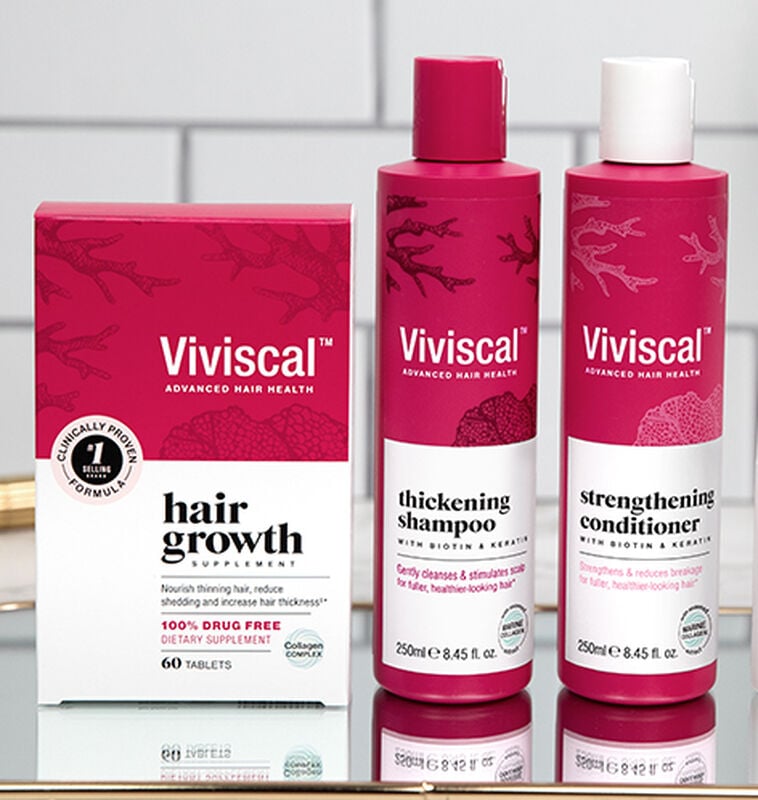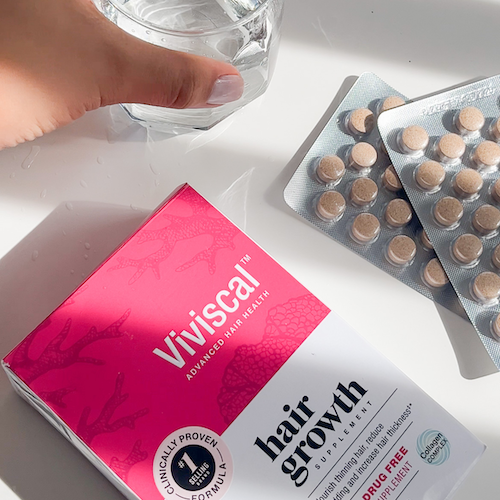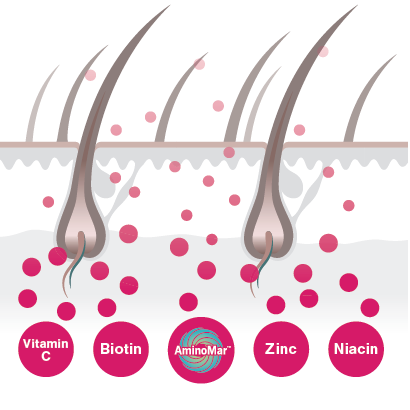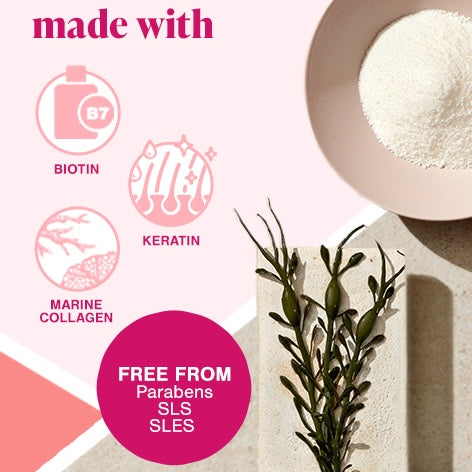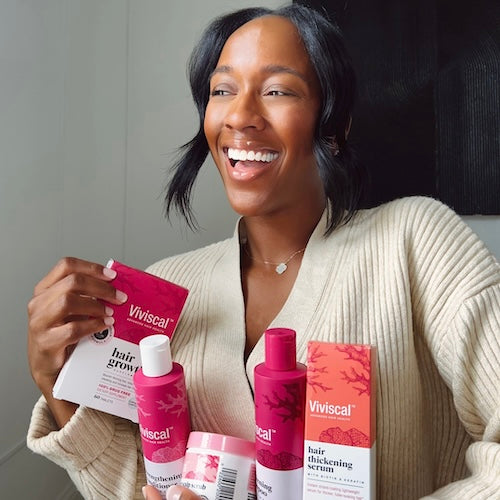

The Science of Hair
Parts of Hair
While you may only think about the hair that you see on your head, there are actually several parts to your hair, both inside and on top of your head.
Follicle – this is the root of the hair, that is underneath the skin. This is where the hair starts its growth.
Dermal Papilla – cells just under the hair follicle that bring blood and nutrients to the hair follicle as well as regulating hair growth.
Hair bulb – the rounded portion of the bottom of the follicle.
Blood vessels – nourish the scalp and hair, bringing key needed nutrients directly to where they are needed for growth.
Scalp – the skin on the top of the head.
Hair shaft – this is the part of the hair that that grows out of the head.
The hair shaft is made up of three layers:
- Cuticle – the outermost protective layer of hair
- Cortex – the main part of the hair, made up of keratin
- Medulla – innermost layer of the hair shaft, found mainly in thicker hairs
There are two types of hair:
- Vellus hair – thin, fine hair that grows all over the body, usually lighter and shorter than terminal hair
- Terminal hair – these are the thicker hairs that are pigmented, such as the hair on our head
Hair Growth Cycle
Hair grows from the follicle, or root, underneath the skin. The hair is ‘fed’ by blood vessels at the base of the follicle, which give it the nourishment it needs to grow. Between starting to grow and falling out years later, each hair passes through four stages: anagen, catagen, telogen and exogen. At any given time, each hair is at a different stage of the hair growth cycle.
Over time, the length of the anagen stage decreases, making the hair weaker and thinning after each hair growth cycle. That’s why it’s important to ensure your diet is rich in key nutrients to maintain hair health.
Four Phases of Hair Growth:
- Growth phase (Anagen)– this is the longest phase of the hair cycle, lasting several years. In this phase, the hair is growing from the follicle.
- Regression phase (Catagen) – the follicle starts to slow down growth and stops getting nourishment from the bloodstream. This phase can last a few weeks.
- Resting phase (Telogen)– growth of the follicle has stopped. This phase can last from three months to a year.
- Shedding phase (Exogen) – this stage is when the hair falls out, and the next cycle begins.
Now that you understand hair growth, let’s learn about hair loss.
Everyone loses some hair every day. These are the hairs that are naturally in the shedding (final) phase of the hair cycle. It is said that is normal to lose 50-100 hairs every day. Hair loss above this baseline amount can be caused by numerous factors.
Types of Hair Loss
There are several different types of hair loss, which can be caused by genetics, hormonal changes, or aging. Stress also plays an important role in hair loss, by which stress can increase hair loss, which can increase stress itself, and create a cycle of continuing hair loss.
The most common type of hair loss is Androgenetic Alopecia. This is the male pattern baldness seen in men beginning with thinning in the crown of the head and a receding hairline, and then hair loss continues from the front of the head. In women, thinning can begin with an increase in the part and in the crown of the head.
Telogen effluvium – This term means excessive hair shedding, which is losing hair above the normal 50-100 hairs a day. Telogen effluvium can happen for a variety of reasons. These reasons are often related to stress, including recovering from an illness, or a large change in weight, or recently giving birth.
There are several additional types of hair loss. Sudden hair loss can be a sign of an underlying medical condition that needs treatment. If you have concerns about your health and hair loss, consult with your health care provider
